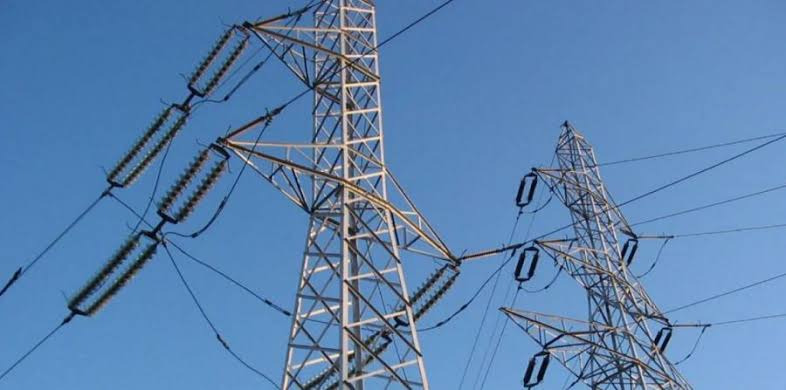
On December 10, Deputy Prime Minister and Head of the National Committee for Energy Reform T.Dorjkhand addressed several key issues related to the ongoing energy reform efforts and the budget for the upcoming year. In his statement, T.Dorjkhand clarified several misconceptions surrounding the government’s energy reform plan, the national budget and the current status of energy projects.
He emphasized that the coalition government’s priority is to resolve long standing issues that have hindered the economic development for over three decades, with energy reform being a foundational element. According to the deputy prime minister, without substantial changes in the energy sector, the broader economy will struggle to grow.
“Mongolia is rich in energy resources, but economic progress has been stifled for 34 years due to a lack of energy transition. We are now addressing this gap with a series of reforms, and the results are beginning to show,” he explained. A major breakthrough in the country’s energy strategy, he noted, is the commencement of energy exports. The government recently achieved an agreement to begin exporting energy to neighboring China and Southeast Asia, signaling a new chapter in the energy policy. Parliamentarian T.Dorjkhand also pointed to the recent successful visit of the prime minister to Saudi Arabia and the United Arab Emirates, where discussions were held with global energy producers to invest in Mongolia’s energy sector.
One of the most significant developments in the energy reform agenda is the long-awaited progress on the Erdeneburen Hydropower Plant project, which has been discussed since 1960. According to T.Dorjkhand, the project is now moving forward, with basic conditions met for large-scale investment. “We have already had productive discussions with the Chinese government, and we are on track to finalize agreements soon. This will pave the way for energy cooperation and trade, which will benefit both countries,” he said.
He also highlighted that Mongolia’s improved credit rating and stable political environment have attracted foreign investors, further fueling optimism about the future of the energy sector. The government’s goal is to establish an energy industry that can compete with the mining sector and generate significant income for the country.
The head of the committee’s working group addressed discrepancies regarding the government’s budget, particularly the controversial figure of 8 billion MNT mentioned in the media, which was reportedly allocated for “printing costs” related to energy reform efforts. He clarified that this figure was inaccurate, stating that the Ministry of Finance has not yet presented the final budget breakdown. “Many people misunderstood this amount. It is not just for printing costs. After the energy tariff reform, it became necessary to invest in major research and reforms, including hiring international consulting services, conducting market studies, and supporting renewable energy initiatives. These expenses are vital for the successful transition to a more efficient and modern energy sector,” he explained.
He further emphasized that the government’s request for next year’s budget has been reduced from 18 billion MNT to 11 billion MNT, with most of the funds earmarked for office expenses, such as salaries and housing. Only a small portion, between 500 million MNT and 1.5 billion MNT, will be allocated for media-related activities, which is primarily for ensuring transparency and public communication about the reform process.
The government’s long-term plans aim to continue energy sector reforms and bring Mongolia’s GDP per capita to 10,000 USD through a comprehensive energy strategy. He noted that this process will take time and will require careful, international-level planning over the next three to five years. “This is not something that can be achieved overnight, but we are laying a solid foundation. For the first time in 34 years, we are addressing these issues, and we will keep working to make Mongolia self-sufficient in energy and a key player in regional energy markets,” the head said.
The deputy prime minister also addressed concerns raised by some members of Parliament regarding the committee’s activities and budget. He reiterated the government’s commitment to transparency and working with the media to provide accurate information to the public. “Many members of the committee have faced unwarranted criticism. We stand behind them and will continue working together to ensure the public receives the right information. We are not funding trolls or misinformation. Our goal is to build trust and provide clarity,” he stated.